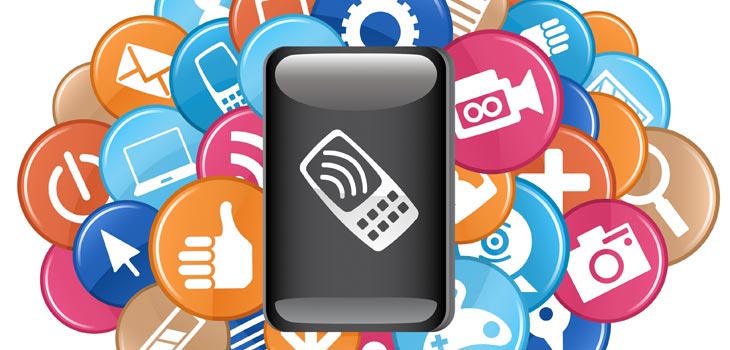You have a problem. You create a solution. You want to share it with the world via a mobile app. How the heck do you build one?! No need to fret, your friends at Fueled have compiled a quick reference of some dos and don’ts for the app building process.
DO your research, and have a strategy. Not every app idea has been thought of, but a lot of them have. There is a very good chance that your idea could already exist in some capacity. Search app stores, read tech blogs, find rumor mills; due diligence can save you time that would otherwise be wasted creating something that already exists. If you complete the research and find there is a need for your app, have a strategy for how to proceed. We at Fueled take great pride in our ability to build winning strategies for apps, from concept to launch and beyond. Organizing thoughts, setting deadlines, and paying attention to details will make the app building process flow much more smoothly.
DON’T forget the execution. You have your idea, done the research, and have a strategy; now what? Proper execution. Even the simplest idea can become a great app, as long as the follow-through of the plan is on point. Instead of imitating another app’s layout, enhance the best qualities and make it better. Focus on developing an intuitive UX and responsive UI. Users want apps that work well and serve their needs the instant it is downloaded. This is also where a well-thought-out strategy can come in handy as it will help create checkpoints throughout the dev process, allowing you to evaluate the progress. Ideas are a dime a dozen, execution is key.
DO focus on building a product that you will use. If you have no interest in or don’t have a use for your own product, you will likely end up with an inferior result. Having a passion for your design and function will show and be important to investors and consumers. Additionally, constantly test any assumptions you have throughout the design and dev process. Updated layouts, additional functions, anything you think will improve the app overall is worth a test because you can always go back to the way it was. This process will ensure that you are building an end product that makes sense and has value to users.
DON’T rush your launch. Everyone is excited about their product and wants to launch as soon as possible. However, here are many reasons why you shouldn’t do this. For starters, it takes time to build a quality app. No matter how simple it may seem, design, development, and testing all take time. Even when the app is completed, work must be done to properly market the product prior to the launch. You will want to build media relationships if you do not already have them, launch a website, and build a buzz around the product. Weeks are not enough. Months of planning, organizing, and action are needed in order to have a successful launch.
DO take the time to test. Simply having a couple of your friends play with the app does not count as testing. Friends and family are not your target market, they will download your app simply because they love you and want to help out. Seek out agencies or other professionals in order to get useful feedback. Outside testers are potential consumers, they should be using your app. The goal is to gather constructive criticism, opinions, and relevant data that will allow you to make little tweaks based on user feedback during beta before your big app store launch.
DON’T think it’s done just because it’s in the App Store. Being in an app store simply means your app is accessible, not that people will be able to easily find it. An app store optimization strategy will be needed to increase visibility. This should be a big part of the strategy. Additionally, the app will likely have some bugs, need to adjust to user complaints, and have new feature introduced at times. Updating too frequently is not necessary, but no app is ever complete at version 1.0.
DO make sure you work with the right partner. Whether it is a friend, a freelancer, or a shop like Fueled. Depending on your goals, it may make sense to partner with different people. Typically for a prototype, working with a freelancer may make sense so you can demonstrate proof of concept before investing in really polished design and high caliber development which will serve as the foundation of your product after its commercial launch.
Written with love by the editorial team at Fueled, a premier Android app design agency in New York City.











